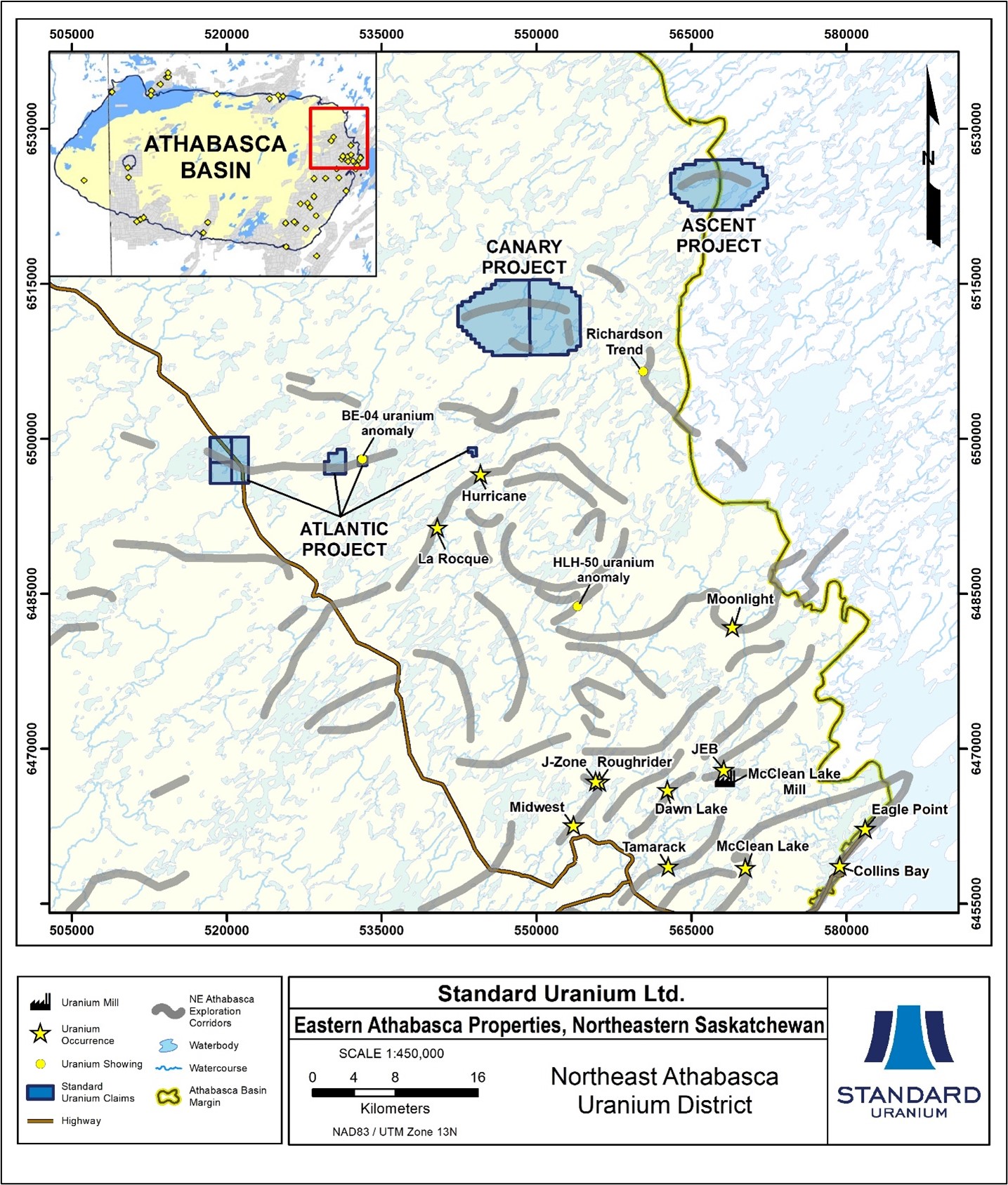Blackstone’s real estate fund, BREIT, is facing increased scrutiny as investors raise concerns over the fund’s valuation. BREIT, which offers an annual dividend of approximately 4%, has attracted significant investments since its inception in 2017. However, skeptics argue that the fund’s claimed returns are based on inflated estimates and that its valuation process lacks transparency.
Investors have recently requested over $15 billion in redemptions from BREIT, leading to concerns about the fund’s stability. Blackstone, citing a provision that allows for a gradual refunding process, has further alarmed the market. As a result, Blackstone’s stock has declined by nearly 20%.
Critics argue that BREIT’s valuation depends heavily on its own estimates, which they believe are exaggerated. They also point out that the fund fulfilled redemption requests only after raising cash from new investors, leading to accusations of a Ponzi scheme. Analysts warn that if the real estate market does not rebound, BREIT could significantly shrink in size, leaving investors at a loss.
The calculation of BREIT’s net asset value (NAV), which determines its returns, is not audited by an independent registered public accounting firm. Skeptics argue that Blackstone’s monthly adjustments to NAV can lag behind market reality, leading to potential overvaluation.
Blackstone defends BREIT’s performance, stating that its portfolio is concentrated in sectors and geographies that have performed well. The firm also highlights its ability to outperform competitors during periods of market dislocation. However, critics question how BREIT managed to avoid the post-pandemic downturns experienced by other funds.
Another concern is BREIT’s sensitivity to interest rates. While the fund’s balance sheet is currently hedged against rising rates, future cash flows could be affected if rates remain elevated. BREIT has warned investors that increased interest costs could reduce its cash flows and ability to make distributions.
Investors have also raised questions about BREIT’s ability to cover its dividend. While the fund claims that 100% of its dividends were funded by cash flows from operations, critics argue that this claim is misleading. They point out that BREIT does not subtract property maintenance expenditures from its highlighted cash measure, which is standard practice in the industry.
In 2022, when investors sought redemptions, BREIT faced challenges in selling off assets to meet the demand. However, the fund received a cash infusion in January 2023 when the University of California invested $4 billion. Critics argue that the special deal offered to the university raises concerns about BREIT’s overall strategy.
Overall, the valuation and performance of Blackstone’s real estate fund, BREIT, have come under scrutiny, with skeptics questioning the accuracy of its estimates and the transparency of its valuation process. Investors and analysts continue to monitor the fund’s performance and its ability to deliver on its promises.











